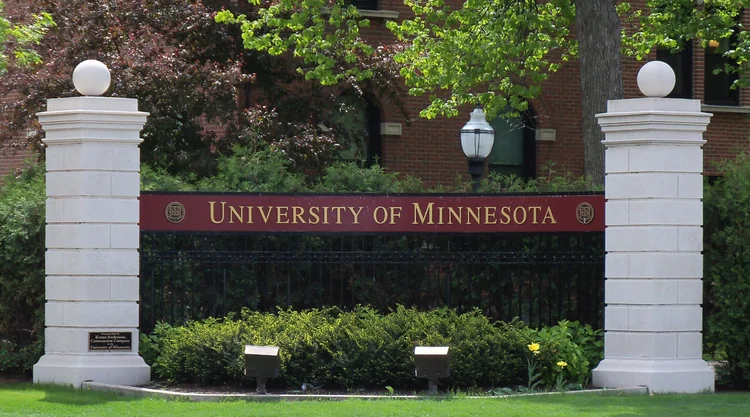Last month, medical students at the University of Minnesota pledged to “promote a culture of anti-racism” in their inaugural white coat ceremony. In an oath written by the students and overseen by staff, the students committed to “uprooting the legacy and perpetuation of structural violence deeply embedded within the health care system.” Notably, the students did not point to any single example of racism or violence within Minnesota’s health care system.
Along with pledging to be anti-racist, the students also recognized the stolen Dakota land on which they stood. They recognized the inequities created by “colonialism and the gender binary” and pledged to “amplify voices for positive change.”
If you have been particularly good at avoiding nonsense jargon over the last few years, you may be puzzled by the term “anti-racism,” which certainly sounds like a good thing. It sounds like “non-racism,” which is a good thing. But how much difference is there between “non” and “anti!” Ibram X. Kendi, one of the leading exponents of anti-racism and Critical Race Theory, claims that being “not racist” is not enough. Instead, one had to be proactively “anti-racist,” or, as he later expounded, “the only remedy to past discrimination is present discrimination.” In short, “anti-racism” is corrective racism, discriminating on the basis of race to somehow “make up” for past discrimination on the basis of race.
Recently, our own state has seen blatant “anti-racist” discrimination in its public schools. The Minnesota Federation of Teachers (MFT) proposed a contract that would lay off white teachers first in order to “to remedy the continuing effects of past discrimination.” The president of the MFT gloated about the decision to discriminate against white teachers. Discrimination is dangerous and divisive, and now it seems to be entering the medical field.
By promoting “anti-racism,” potential doctors open up the possibility medical discrimination based on race. If the example of Minneapolis teachers were to be followed, what’s to stop these soon-to-be doctors from denying crucial healthcare to a patient because their skin color makes them “perpetuate structural violence?”
All Americans should stand up against racism in whatever form it takes. An oath by our state’s future physicians that explicitly aims at being “anti-racist” is incredibly dangerous once we realize that in this Orwellian state of affairs, “anti-racism” is really just racism. Our health care system should be concerned with healing people, not engaging in race-baiting. Doctors should heal, not create division – the medical students at the University of Minnesota have this lesson, at least, still to learn.


